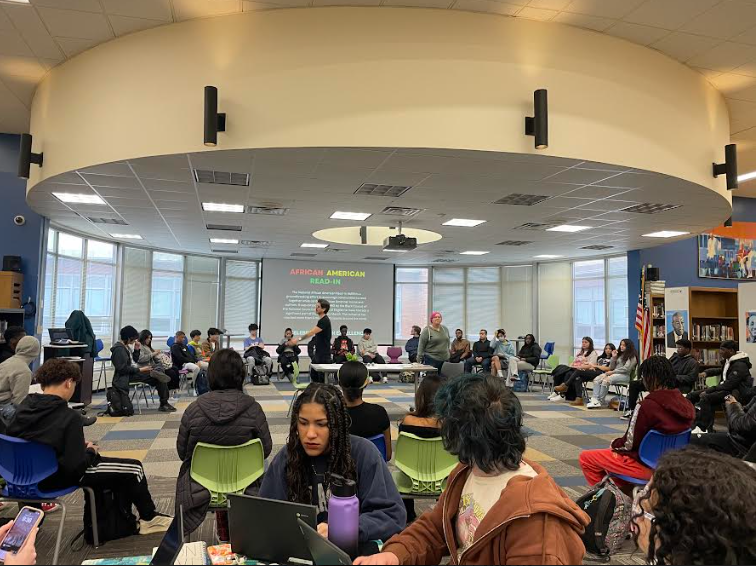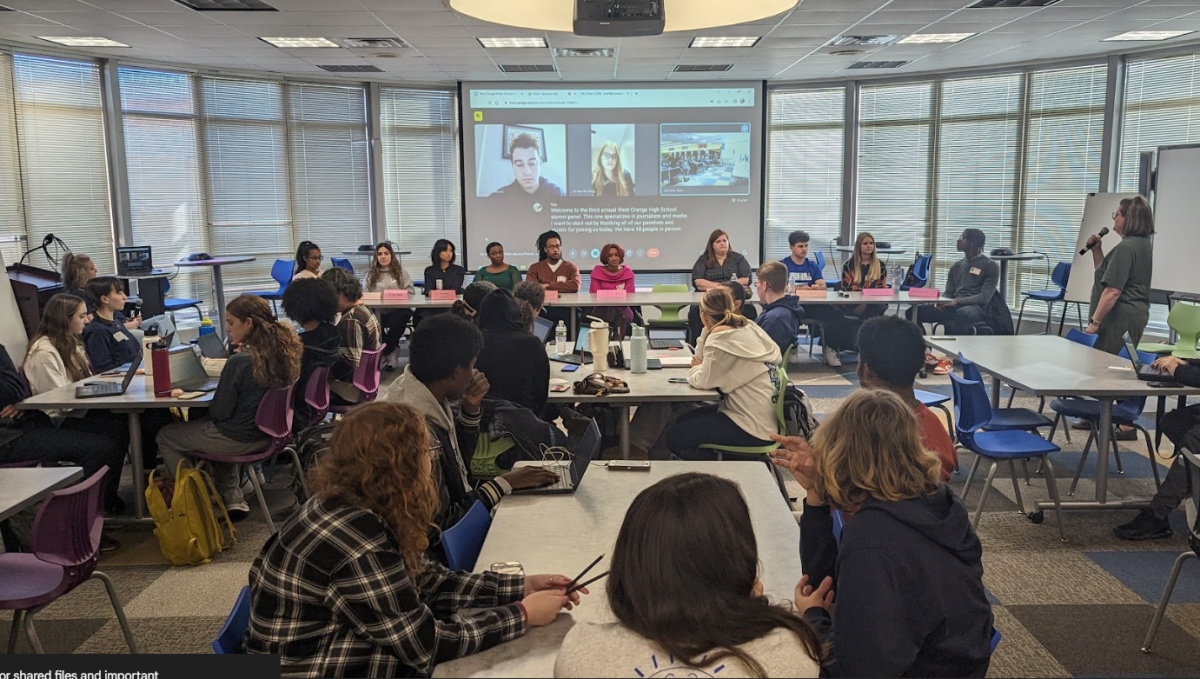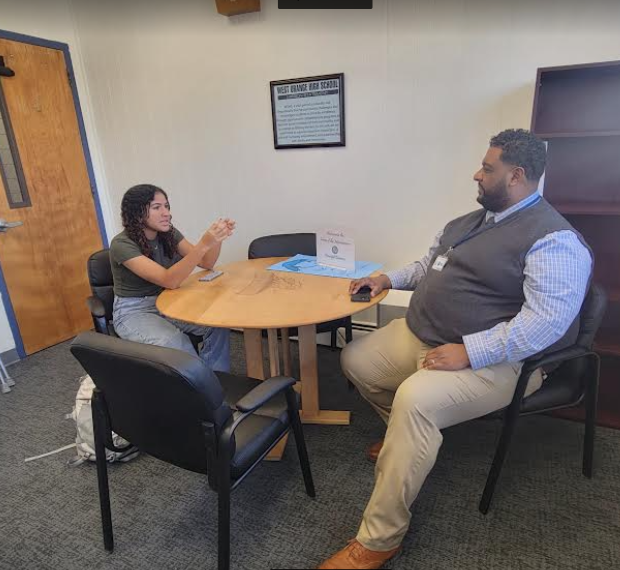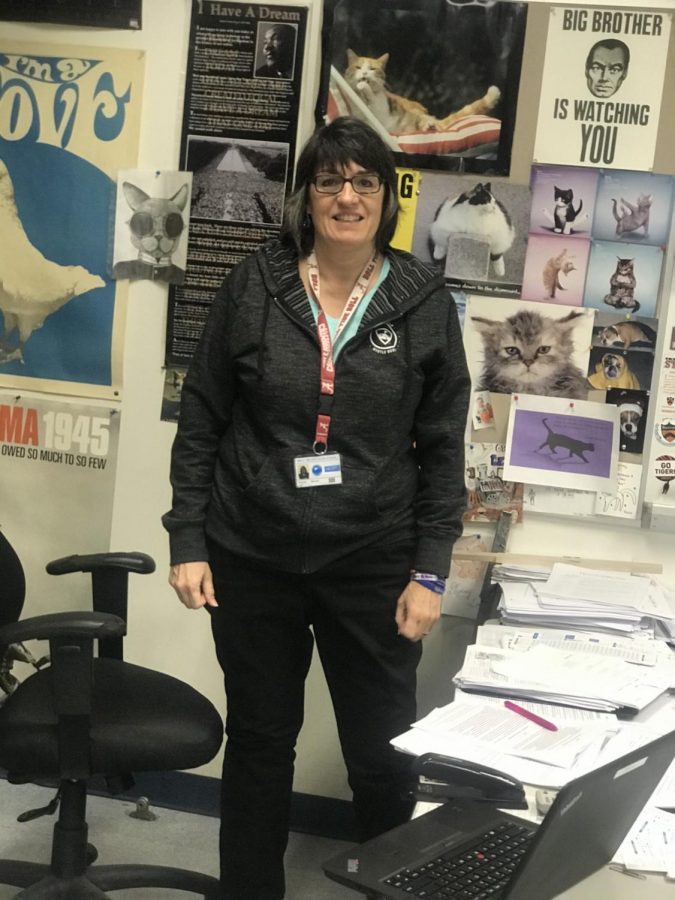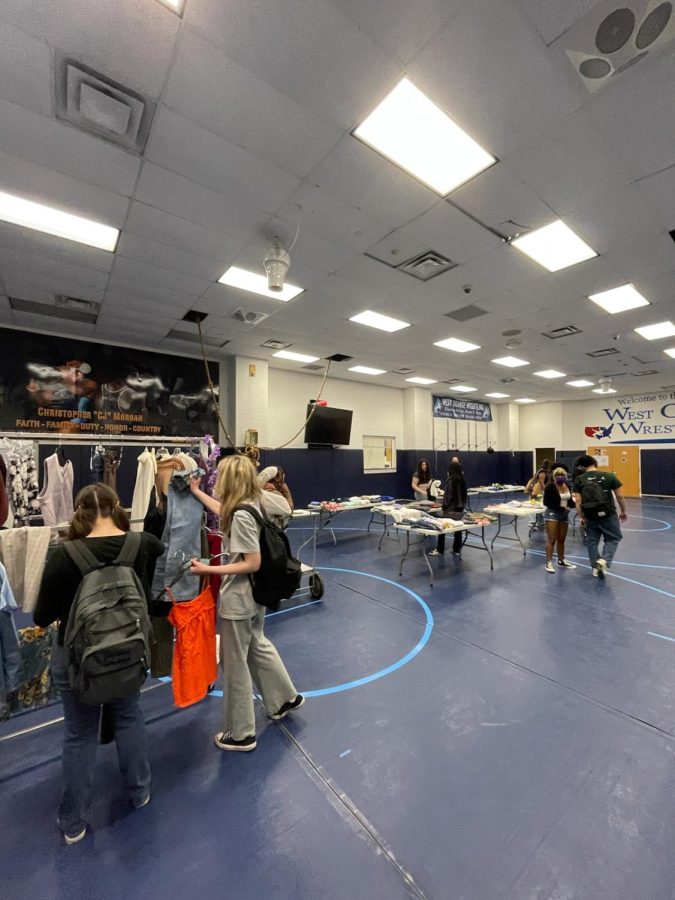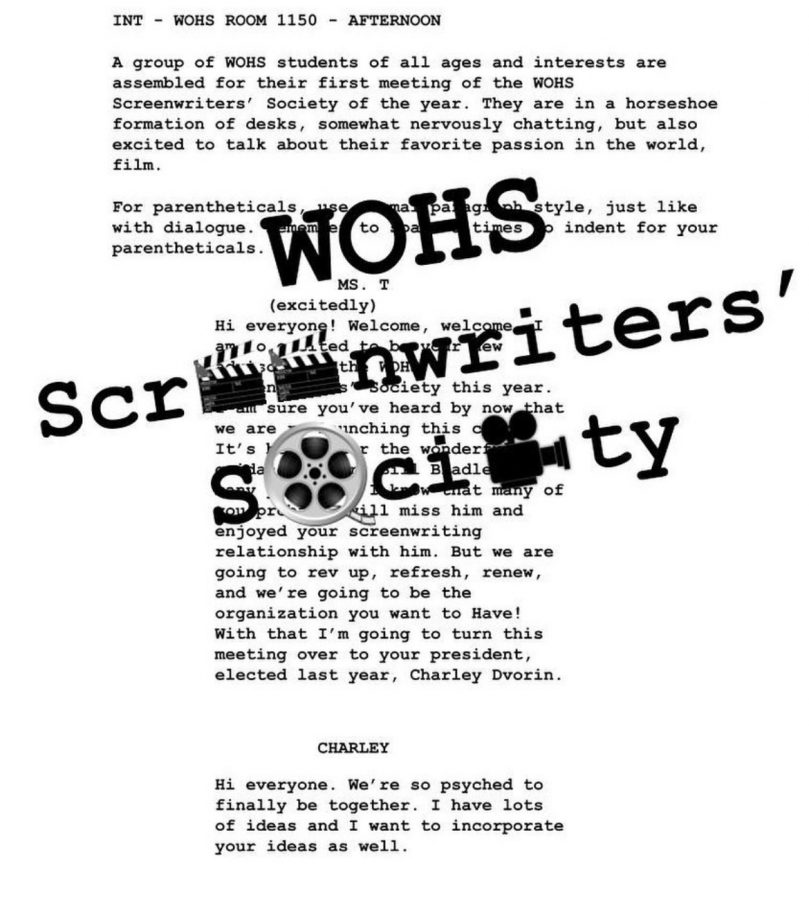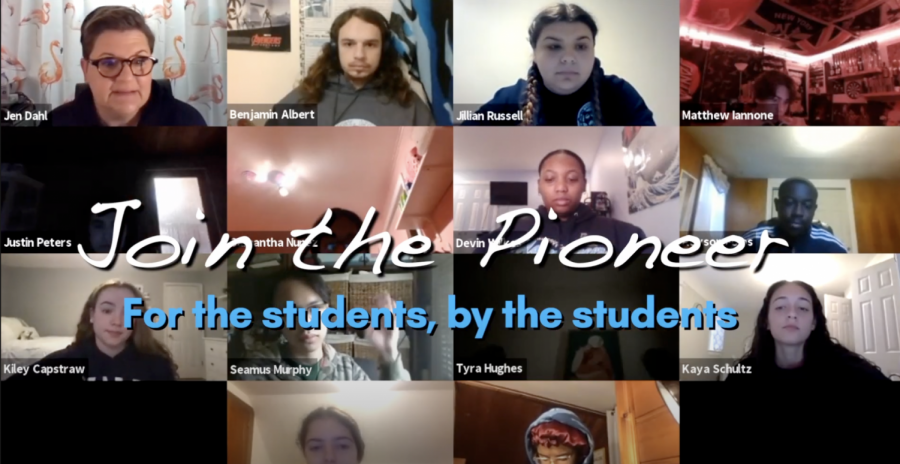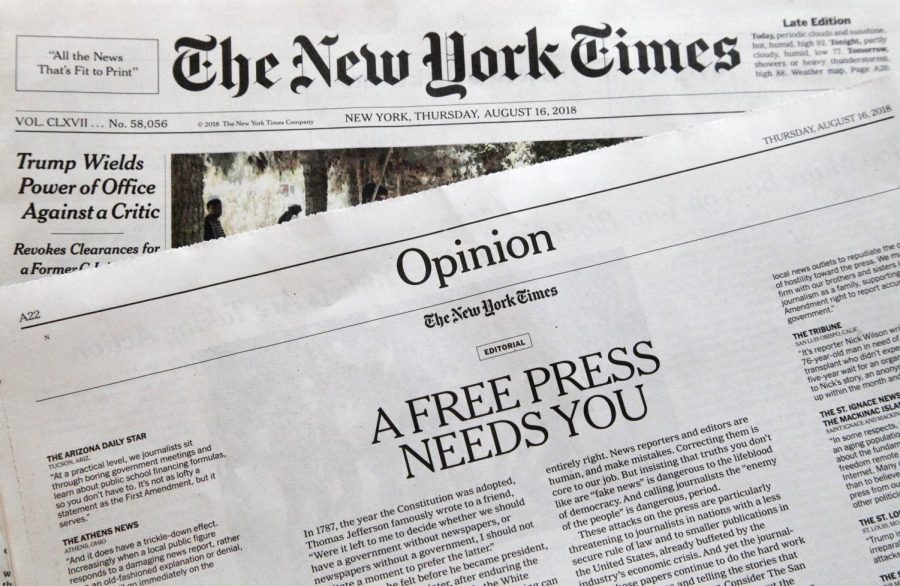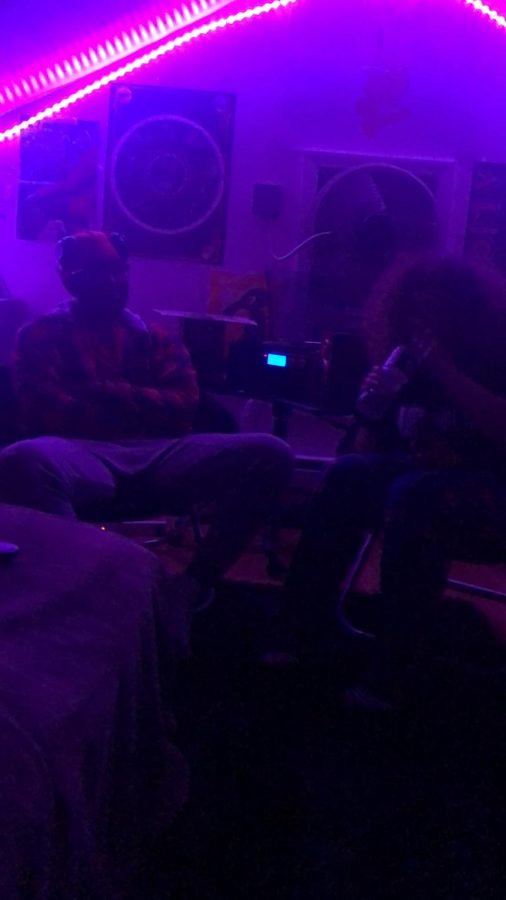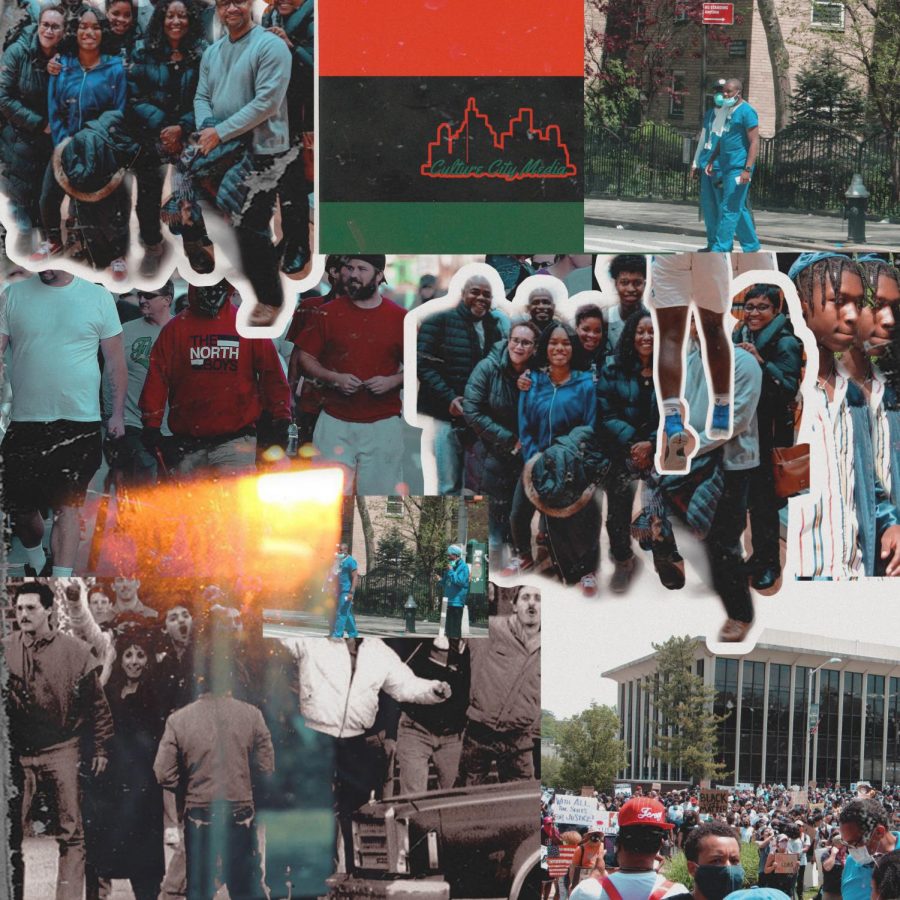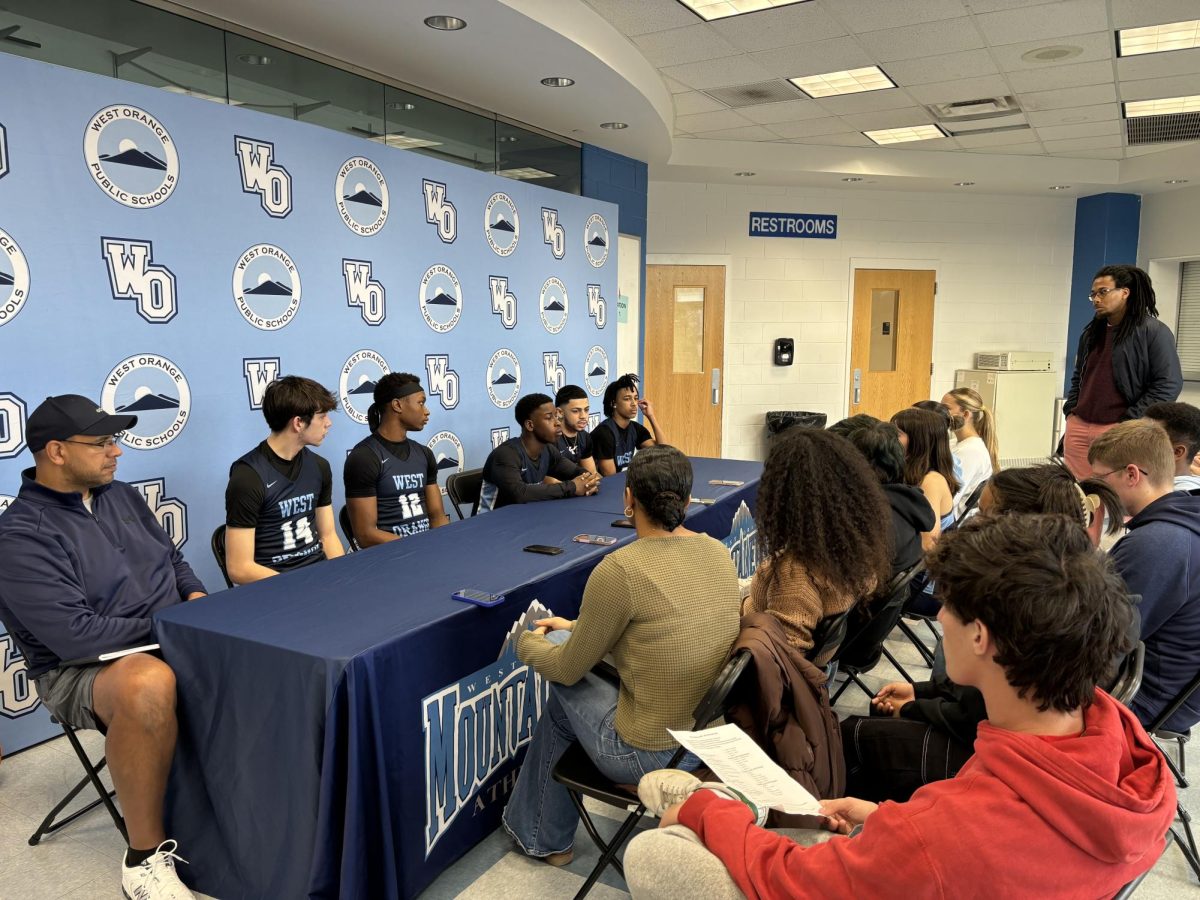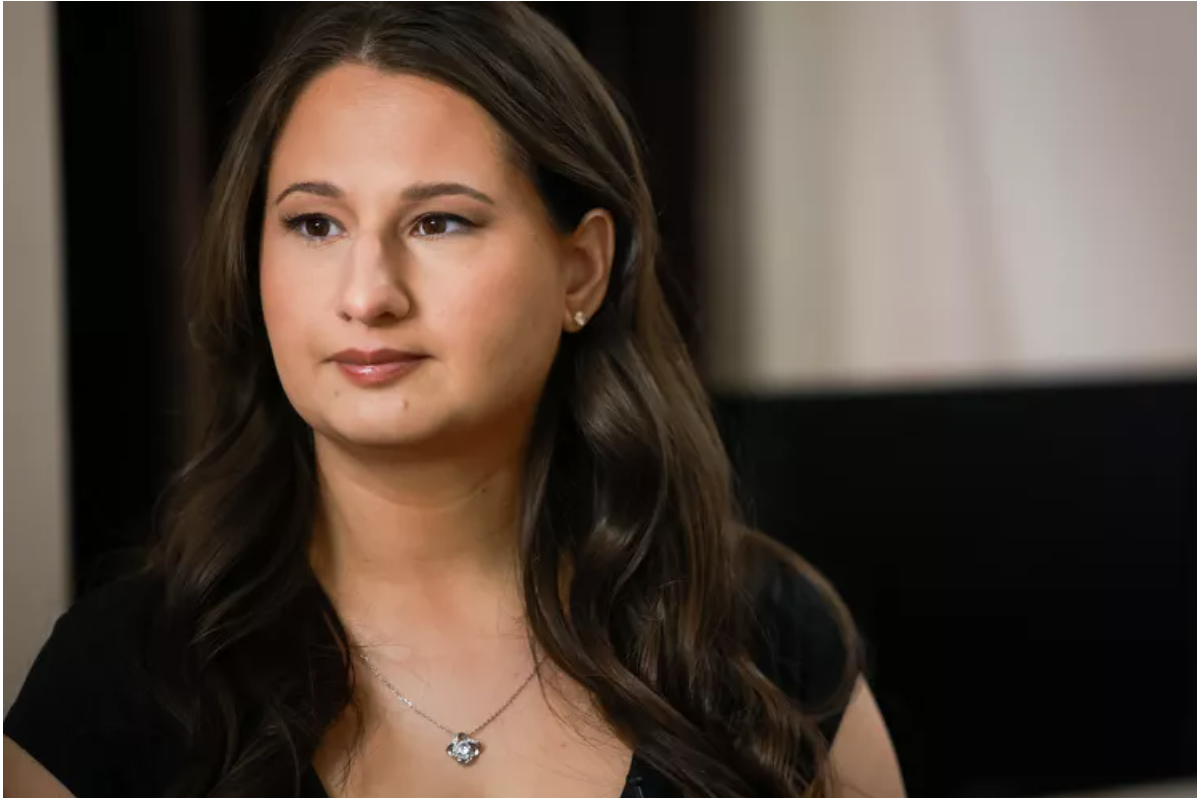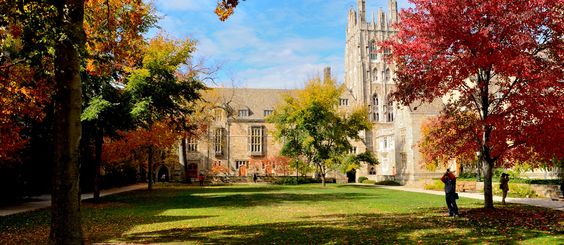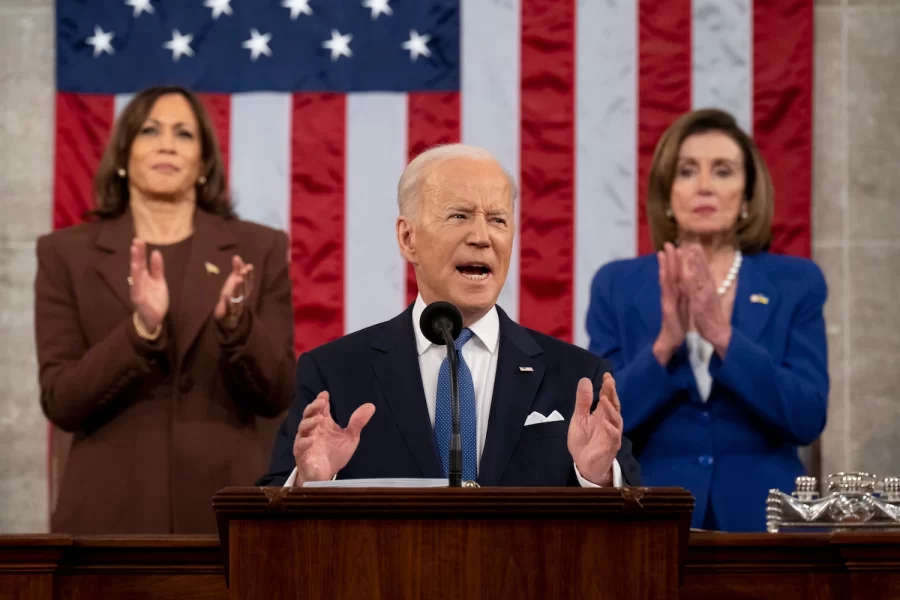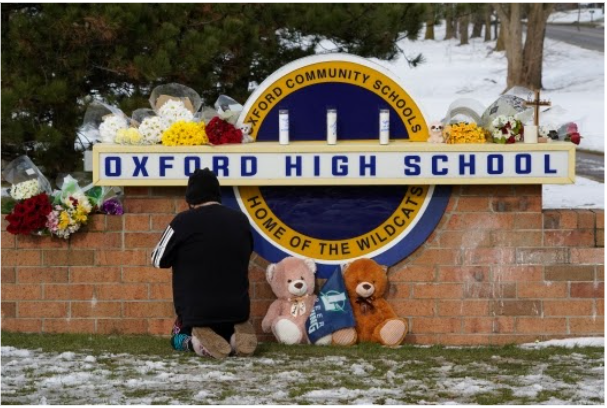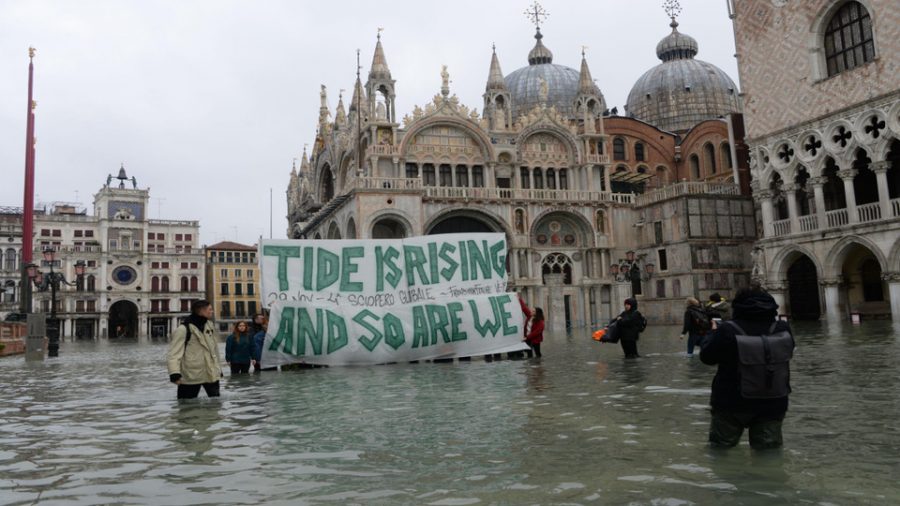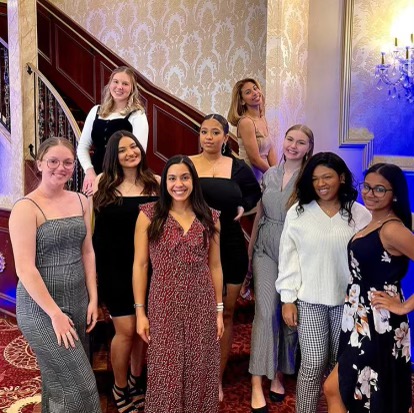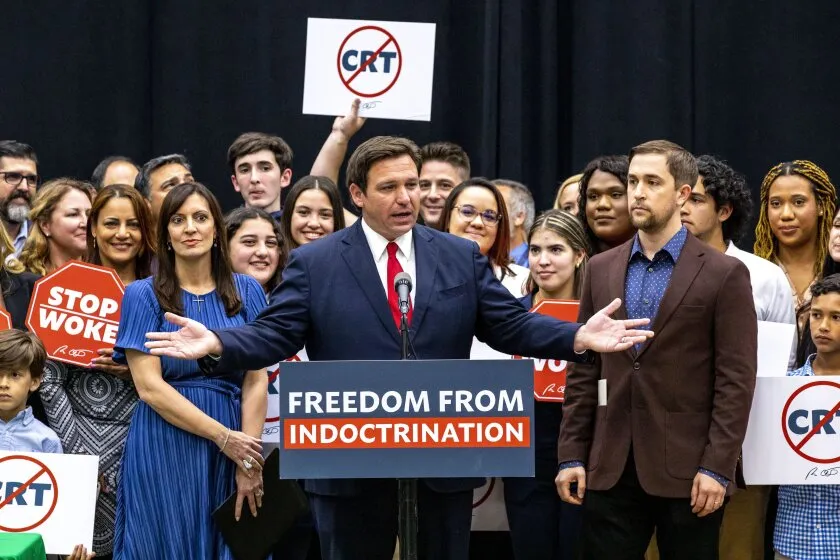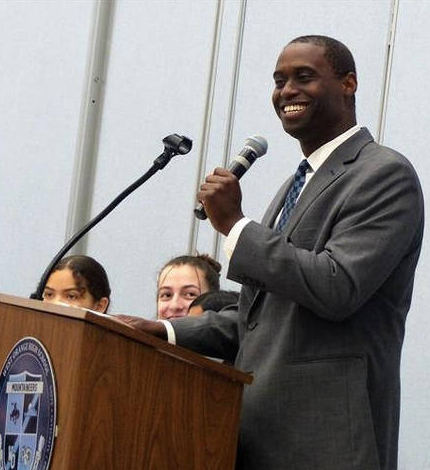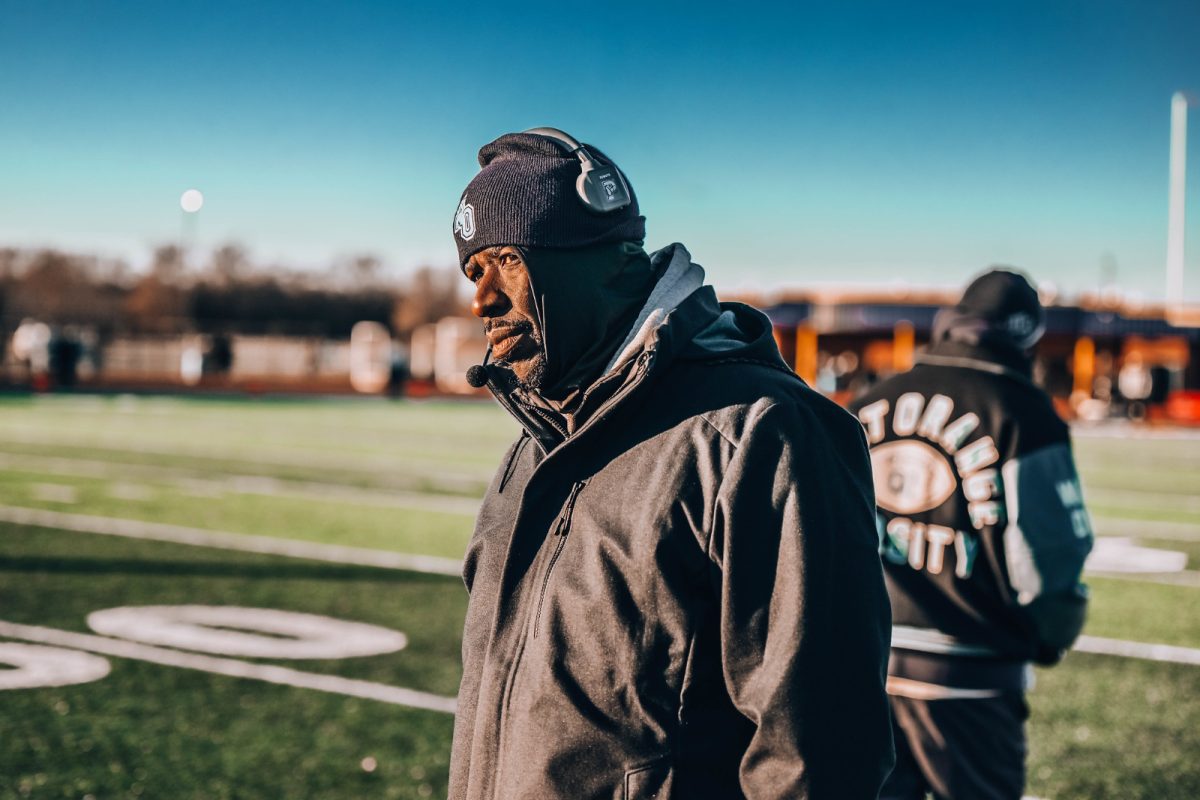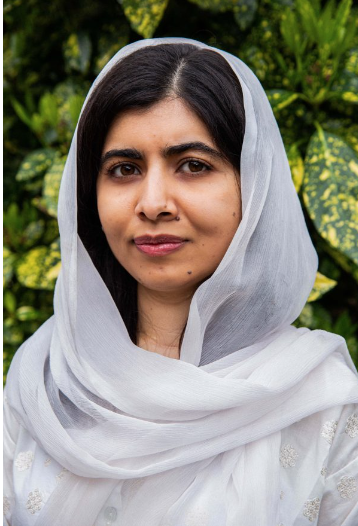WHM: Mary McLeod Bethune
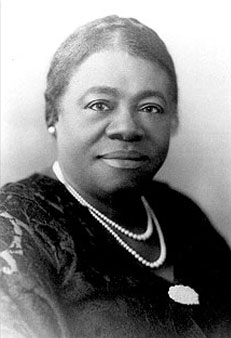
Born on July 10, 1875 to former slaves, Mary Jane McLeod Bethune emerged as one of the most influential educators, civil and women’s rights leaders, and government officials of our nation’s history.
Growing up near Maysville, South Carolina as one of the youngest of 17 children, she and her family worked in the fields every day picking cotton on land bought from her mother’s former owner. Despite their impoverished conditions, Bethune became the only child in her family to attend school when she received a scholarship to attend Scotia Seminary, a boarding school for African-American girls in North Carolina. After graduating in 1893, she went to Dwight Moody’s Institute for Home and Foreign Missions in Chicago, Illinois. When no church was willing to sponsor her as a missionary, Bethune turned to become an educator, a career she would have for nearly a decade.
A firm advocate for education’s crucial role in racial advancement, she opened a boarding school in 1904 called the Daytona Normal and Industrial Institute for Negro Girls in Daytona, Florida. She served as the school’s president, leading it even after it merged with the Cookman Institute for Men in 1923 (some sources say 1929), becoming the Bethune-Cookman College.
In addition to her contributions to education, Bethune also served society as a fighter for racial and gender equality. She was elected president of the National Association of Colored Women’s Club in 1924. She was also crucial in the transition of black voters from the Republican Party to the Democratic Party during the Great Depression, and also led anti-lynching campaigns. She founded her own civil rights organization, the National Council of Negro Women, in 1935, and five years later, she became vice president of the NAACP.
Bethune also lended her expertise to several presidents when she became involved in government service. In 1935, she served as a special advisor to President Franklin D. Roosevelt on minority affairs. She became the highest ranking black woman in government when President Roosevelt appointed her as the director of Negro Affairs of the National Youth administration. She also led FDR’s unofficial “black cabinet.”
Appointed by President Harry S. Truman, Bethune was the only woman of color at the founding conference of the United Nations, which took place in 1945. Throughout her many positions in government, Bethune advocated for black people, women, and young people within an environment in which they were hardly represented.
From the humble beginnings on a South Carolina plantation to becoming a world-renowned educator, activist, and government official, the legacy of Mary McLeod Bethune exemplifies the epitome of female excellence.


